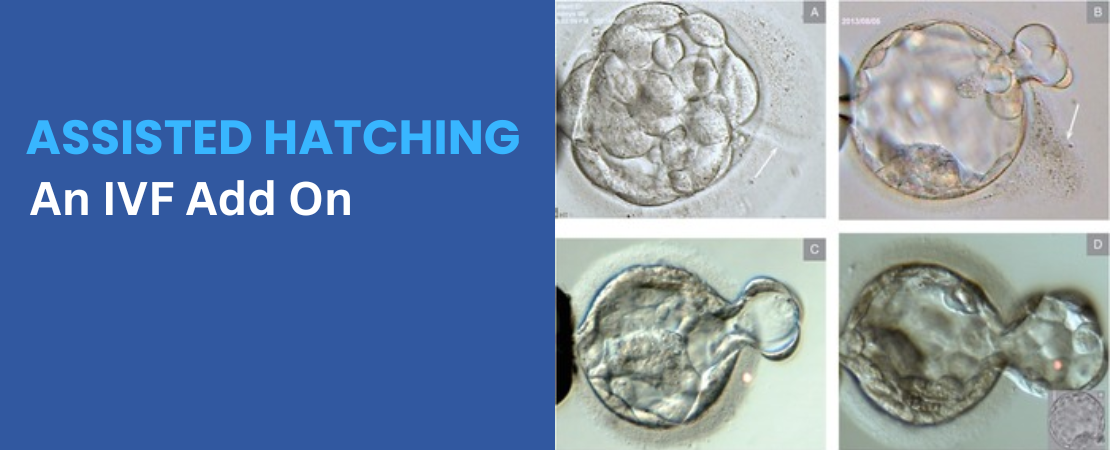Diagnostic tests are used to confirm a diagnosis of chromosomal abnormalities or genetic disorders. These tests are usually conducted during the second trimester of pregnancy. They include:
- Amniocentesis: This test involves taking a small sample of amniotic fluid from around the fetus and analyzing the fetal cells to check for chromosomal abnormalities or genetic disorders.
- Chorionic villus sampling (CVS): This test involves taking a small sample of tissue from the placenta and analyzing the fetal cells to check for chromosomal abnormalities or genetic disorders.
Purpose of Prenatal genetic Diagnosis procedures
Both procedures are primarily used to:
- Detect Chromosomal Abnormalities: Such as Down syndrome, Edwards syndrome, and Patau syndrome.
- Identify Genetic Disorders: Including cystic fibrosis, sickle cell anemia, and Tay-Sachs disease.
- Determine Sex: Only in cases where there is a risk of sex-linked genetic disorders. Do Note that Sex determination is prohibited under the PC-PNDT act.
When are they Performed?
- CVS: Typically performed between 10 and 13 weeks of pregnancy.
- Amniocentesis: Usually performed between 15 and 20 weeks of pregnancy.
Procedures
- CVS:
- Can be performed transcervically (through the cervix) or transabdominally (through the abdomen).
- Ultrasound guidance is used to locate the placenta.
- A thin needle or catheter is inserted to collect a small sample of placental tissue.
- Amniocentesis:
- Ultrasound guidance is used to locate the fetus and avoid the placenta and umbilical cord.
- A thin needle is inserted through the abdomen into the amniotic sac.
- A small amount of amniotic fluid is withdrawn.
Risks
- Miscarriage: Both procedures carry a slight risk of miscarriage, typically less than 1%.
- Infection: There is a small risk of infection in both procedures.
- CVS-Specific Risks:
- Limb reduction defects: A very rare risk, primarily associated with CVS performed very early in pregnancy.
- Amniocentesis-Specific Risks:
- Amniotic fluid leakage: This can lead to premature labor or infection.
- Needle injury to the fetus: Although rare.
Important Considerations
- Maternal Age: Women aged 35 and older have an increased risk of having a child with chromosomal abnormalities.
- Family History: A family history of genetic disorders may warrant consideration of these procedures.
- Previous Affected Pregnancy: If a previous pregnancy resulted in a child with a genetic abnormality.
- Abnormal Screening Results: If initial screening tests (like blood tests or ultrasound) indicate a higher risk.
Choosing Between CVS and Amniocentesis
The choice between CVS and amniocentesis often depends on several factors, including:
- Gestational age
- Specific concerns or risks
- Doctor’s recommendations
What happens if a Prenatal genetic diagnosis confirms a genetic abnormality in the fetus?
If a prenatal genetic diagnosis confirms a genetic abnormality in the fetus, it can be an emotionally challenging and complex situation for expectant parents. The course of action and available options will depend on the specific genetic abnormality identified, its severity, and the individual circumstances of the parents.
Here are some general considerations and potential next steps that healthcare providers may discuss with the parents:
- Further Diagnostic Testing: In some cases, additional diagnostic tests may be recommended to gather more detailed information about the genetic abnormality and its impact on the baby’s health. These tests can provide a clearer picture of the condition and help guide subsequent decision-making.
- Counseling and Support: Genetic counseling plays a crucial role in providing emotional support and guiding parents through the decision-making process. It helps parents understand the implications of the genetic abnormality, discuss available options, and explore the potential outcomes and long-term implications for the baby’s health and quality of life.
- Treatment and Management: Depending on the specific genetic abnormality, there may be treatment or management options available to improve the baby’s health or alleviate symptoms. Healthcare providers will discuss these options with parents, providing information about the potential benefits, risks, and limitations of each approach.
- Continuing the Pregnancy: Some parents may choose to continue the pregnancy despite the confirmed genetic abnormality. They may opt for specialized medical care to monitor the baby’s health closely, plan for potential interventions after birth, and ensure appropriate support systems are in place.
- Termination of Pregnancy: In certain cases, parents may consider the option of termination of pregnancy following a confirmed genetic abnormality. This decision is deeply personal and should be made in consultation with healthcare providers, considering medical, ethical, and personal factors.
It is important to note that the decisions and choices following a confirmed genetic abnormality diagnosis are highly individualized. Each family’s circumstances, values, and beliefs will influence their decision-making process. Genetic counseling plays a crucial role in this process, as it helps individuals understand the purpose, benefits, limitations, and potential implications of prenatal genetic screening. It is crucial for parents to have open and honest discussions with their healthcare providers, ask questions, and express their concerns. This enables them to make informed decisions based on their unique situation, while ensuring they have the necessary support and resources to navigate the challenges associated with a confirmed genetic abnormality in the fetus.
Important Note
This information is for general knowledge and informational purposes only and does not constitute medical advice. Always consult with a qualified healthcare professional for any health concerns or before making any decisions regarding your health or pregnancy.

